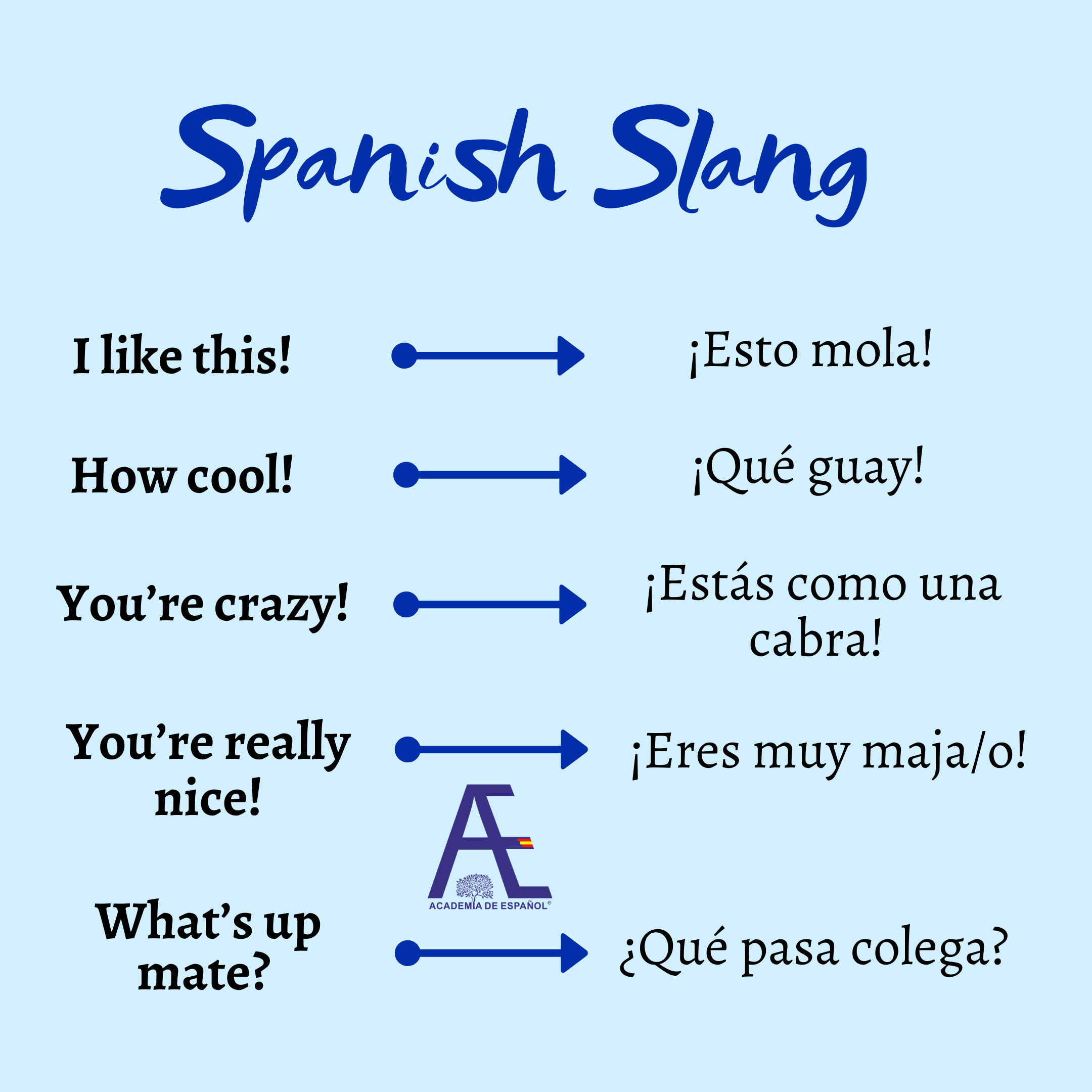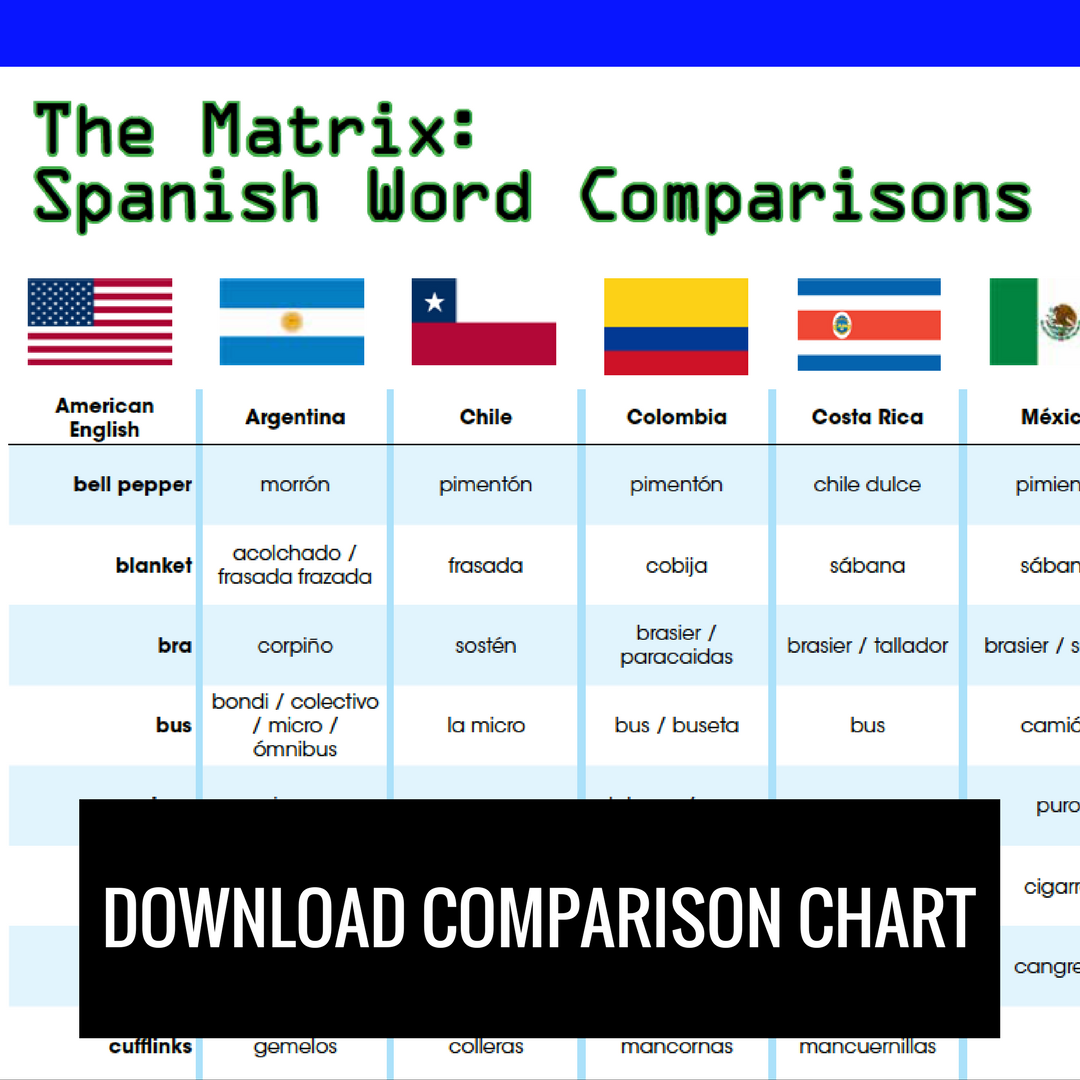Many folks trying to get a handle on Spanish often bump into words that sound simple but carry a little more weight or even cause some head-scratching. It's almost like a puzzle, trying to figure out if a common word has a hidden meaning or if you're just mixing it up with something else entirely. We're going to talk about a word that often pops up in these kinds of conversations: "punto." This word, you know, might seem pretty straightforward, but it sometimes gets people thinking about other, perhaps less polite, terms.
There's a good reason why people get curious about what "punto" means, especially when they hear it in different settings or from different speakers. Sometimes, a word that means one thing in a textbook can, in a way, mean something else entirely when people are just chatting casually. This can be a bit frustrating for language learners, as a matter of fact, when they are trying to grasp the nuances of everyday talk and avoid any misunderstandings.
This discussion aims to clear up some of that confusion around "punto" and other similar-sounding words, making it a bit easier to understand how they fit into Spanish conversations. We'll also touch on some handy ways to improve your Spanish skills, like getting comfortable with how words are used in real life and learning how to handle those tricky parts of the language, so you can speak with more confidence and less worry.
Table of Contents
- Nick Punto - A Name That Sounds Familiar?
- So, What Does "Punto" Actually Mean in Spanish Slang?
- Why Does "Punto" Get Confused With Other Words?
- Finding Your Way with Spanish Punto Slang and More
- Is Learning Spanish Punto Slang Really That Important?
- Conquering Spanish Punto Slang - Getting Your Verbs Right
- Typing Spanish Accents - A Little Help for Spanish Punto Slang
- That "Punta" Puzzle - What Was My Teacher Talking About with Spanish Punto Slang?
Nick Punto - A Name That Sounds Familiar?
When you hear the word "punto," your mind might, you know, jump to a few different things. For some, it might bring up memories of a well-known baseball player, Nick Punto. He was, in a way, quite a remarkable athlete in the sport, known for his quick moves and clever plays on the field. It's interesting how a name can echo a common word in another language, creating a sort of playful connection, even if it's just by chance.
This particular baseball player, Nick Punto, was really good at what he did, as a matter of fact. He had a reputation for being able to "steal a base before the ball crosses the plate," which is a pretty impressive feat in baseball. This just goes to show how some names, even if they're not directly related to a language's vocabulary, can still spark curiosity, especially when they sound similar to words people are trying to learn, like "punto" in Spanish.
His career highlights, you see, often involved moments of sheer athleticism and strategic thinking. It's quite fascinating, actually, how his name, which sounds so much like the Spanish word we're discussing, brings a bit of an unexpected twist to our conversation about language. It just goes to show that words and names can often have surprising echoes across different areas of life, and that's pretty cool, too.
- Are You Really Silly
- Wo Xing Shi Lyrics
- Lucy Mochi Controversy
- Creamyspot Face Reveal
- Claudia Doumit Deep Fake
Personal Details and Bio Data - Nick Punto
| Full Name | Nicholas Paul Punto |
| Known For | Professional Baseball Player |
| Key Skill | Base Stealing |
So, What Does "Punto" Actually Mean in Spanish Slang?
So, let's get right to it, because this is what many people are curious about. The word "punto" in Spanish has a pretty straightforward meaning, you know, when you look it up in a dictionary. It simply means "point" or "period." Like, the period at the end of a sentence, or a point on a map. It's really nothing bad or complicated at all, which is often a surprise to those who think it might be some kind of tricky slang word.
People often wonder if "punto" has a hidden, more casual or even rude meaning in everyday talk, like some other words do. But the truth is, when people say "punto," they typically mean exactly what the dictionary says. It's used in a very common, simple way, as in "at that point" or "full stop." So, really, there's nothing to worry about when you hear this word in a normal conversation; it's quite innocent, in a way.
It's interesting, though, how some words can get a reputation, especially when they sound similar to other words that might be considered less polite. But with "punto," you can relax. It's a very standard part of the Spanish language, and its main uses are pretty clear-cut. It's just a common word for a common idea, and that's really all there is to it, as a matter of fact.
Why Does "Punto" Get Confused With Other Words?
This is where things get a little bit tricky, and it's why many people ask about "spanish punto slang." You see, there's another word in Spanish that sounds very, very similar to "punto," but it has one less letter, and it carries a completely different, much stronger meaning. This is the word that people are often thinking of when they ask if "punto" is something inappropriate. It's a common mix-up, and it's easy to see why someone might get them confused, you know, just by how they sound.
Because of how close these words sound, people might accidentally use the wrong one or hear "punto" and assume it's the other word. This other word, the one with one less letter, is generally not something you'd use in polite company or, say, write down in a public forum. That's why it's not something we can actually write out here. It just goes to show how a single letter can completely change the meaning and the social acceptance of a word, and that's quite a significant difference, actually.
So, if you've heard "punto" and felt a bit uneasy, thinking it might be something rude, chances are you were just thinking of that other word. It's a really common point of confusion for Spanish learners, and it highlights how important it is to pay attention to every single sound and letter when you're picking up a new language. It's a subtle but powerful difference, and it's a good lesson in linguistic precision, too it's almost.
Finding Your Way with Spanish Punto Slang and More
Learning a new language, especially one like Spanish with its many regional differences and conversational quirks, can sometimes feel like a big undertaking. Luckily, there are some wonderful places online where you can begin your language journey without spending a single penny. For instance, you can learn Spanish for free online with resources like spanishdictionary.com, which is pretty amazing when you think about it. It makes starting out much less intimidating, you know, for anyone who's curious.
These online platforms are really good at helping you get comfortable with speaking Spanish in a natural way. They often have interactive lessons, some with animations and videos, that help you pick up conversational Spanish. This means you're not just memorizing lists of words; you're seeing and hearing how the language is used in real-life situations. This kind of approach, arguably, helps the words stick in your mind much better than just plain old textbooks.
When it comes to building up your word collection, these free online resources are also a fantastic help. You can learn Spanish vocabulary for free on spanishdictionary.com, for example. Their setup is quite modern, and it's designed to teach you new words by showing them to you in context. This method is really helpful because it gives you a clearer picture of how a word is used, and it definitely helps you remember what you've learned for longer periods, too.
Beyond just words, these sites offer expert articles and interactive video lessons on how to use the Spanish language in various ways. This includes tricky bits like understanding the word 'para,' getting Spanish pronunciation just right, and even figuring out how to type Spanish accents. These are the kinds of details that can really make a difference in how confident you feel when speaking or writing, and it's all there to help you out, as a matter of fact.
Is Learning Spanish Punto Slang Really That Important?
When you're learning Spanish, you might wonder how much you need to focus on casual talk, including what some might call "spanish punto slang" or similar informal expressions. While "punto" itself isn't slang, understanding how words can be misinterpreted or have different meanings in various contexts is quite important. Being aware of these linguistic subtleties helps you communicate more clearly and avoid awkward situations, which is pretty valuable, you know.
Mastering conversational Spanish goes beyond just knowing dictionary definitions; it involves getting a feel for how people actually speak. This means recognizing when a word is used literally, and when it might be part of a common phrase or even, in some rare cases, confused with something else entirely. It's about building a broader sense of the language, so you can adapt to different conversations, and that's a skill that serves you very well.
The goal isn't necessarily to memorize every single informal expression, but rather to develop an ear for the language and its natural flow. This includes understanding why a simple word like "punto" might cause confusion, and how to clarify its meaning if you're ever unsure. It's all part of becoming a more fluent and culturally aware speaker, and that's a pretty rewarding part of the learning process, too.
Conquering Spanish Punto Slang - Getting Your Verbs Right
A big part of speaking Spanish well, whether you're talking about simple words like "punto" or more complex ideas, is getting your verbs in order. Verbs are, you know, the action words, and they change a lot in Spanish depending on who is doing the action and when it happened. This is where a good verb conjugator comes in handy, and you can often find one to help you conjugate Spanish verbs with ease on learning platforms.
These tools are incredibly useful because they show you all the different forms a verb can take. For instance, verb conjugations include tenses like preterite, which is for past actions that finished, and imperfect, for ongoing past actions. They also cover future events, conditional situations, and the subjunctive mood, which is used for wishes, doubts, or emotions. Knowing these forms is essential for expressing yourself clearly, as a matter of fact.
Being able to correctly change a verb to fit the situation is a sign of really understanding the language. It helps you build sentences that make sense and sound natural to native speakers. So, while you might be focused on specific words or phrases like "spanish punto slang," remember that the backbone of good communication in Spanish truly lies in your ability to use verbs correctly, and that's a skill worth practicing, too.
Typing Spanish Accents - A Little Help for Spanish Punto Slang
When you're learning Spanish, especially if you plan to write it, you'll quickly notice that it uses some special letters and accent marks that aren't on a standard English keyboard. These include letters like á, é, í, ó, ú, ü, ñ, and punctuation marks like ¿ and ¡. Getting these right is quite important, not just for formal writing, but also for making sure your words, including "punto" or anything else, are understood correctly, you know.
Many people wonder how to type Spanish letters and accents without a special keyboard. The good news is there are several ways to set up your computer's keyboard to do this. You don't need to buy anything new; it's just a matter of changing some settings. This is a practical skill that really helps when you're practicing writing in Spanish or sending messages, and it makes a big difference in how authentic your written communication appears, too.
Whether you're using a Windows computer or a Mac, there are straightforward steps you can follow to configure your keyboard. Once you've done this, typing those accented letters and upside-down punctuation becomes much easier and faster. It's a small technical detail, perhaps, but it's one that greatly supports your overall Spanish learning journey, allowing you to express yourself fully and accurately in written form, as a matter of fact.
That "Punta" Puzzle - What Was My Teacher Talking About with Spanish Punto Slang?
Sometimes, in the course of learning a language, you get a piece of advice or a homework assignment that just doesn't seem to make sense, and that can be pretty frustrating. Someone once mentioned their Spanish teacher told them to look up "punta" and see what it meant from Spanish to English, and they just couldn't find it anywhere else. This kind of situation can really drive a person nuts, you know, when you're trying to follow instructions but the information seems to be missing.
This experience highlights a common challenge in language learning: not every word or phrase you hear will be immediately obvious or easily found in every dictionary. Some words might be very regional, or they might have very specific contexts that aren't widely documented. It's also possible that the word "punta" was being used in a very particular way by the teacher, or perhaps it was part of a common saying that isn't a direct, single-word translation, and that's often the case, actually.
When you encounter these kinds of linguistic puzzles, it's a good reminder that language is alive and always changing, with lots of nuances. While "punto" means "point" or "period," "punta" has its own set of meanings, often related to "tip" or "end." The confusion between similar-sounding words like "punto" and "punta" is a classic example of why learning context and being patient with yourself is so important when picking up a new tongue, and that's a very valuable lesson, too.



Detail Author:
- Name : Lennie O'Connell
- Username : glover.lavon
- Email : ywyman@carter.com
- Birthdate : 1998-12-14
- Address : 16445 Reynolds Via Ryanmouth, UT 88084-0208
- Phone : 502.722.1036
- Company : Stokes-Considine
- Job : Marine Engineer
- Bio : Quasi nihil nihil tenetur impedit. Sequi quas ex enim illo voluptatem dolorem nihil maiores. Fugit adipisci et accusamus. Pariatur omnis qui et.
Socials
facebook:
- url : https://facebook.com/kokuneva
- username : kokuneva
- bio : Dolor molestiae natus debitis culpa deleniti.
- followers : 5564
- following : 2374
tiktok:
- url : https://tiktok.com/@kurtis8808
- username : kurtis8808
- bio : Voluptates eum assumenda ut dolorum cum repudiandae.
- followers : 1539
- following : 1510
instagram:
- url : https://instagram.com/kurtis_xx
- username : kurtis_xx
- bio : Et qui dignissimos nam impedit omnis. Et iusto et laboriosam vel.
- followers : 3477
- following : 2481
twitter:
- url : https://twitter.com/okuneva1975
- username : okuneva1975
- bio : Natus ut ex et molestias maiores. Veniam eius omnis aperiam ut accusamus quas accusantium. Aut explicabo autem voluptas expedita quia non.
- followers : 5025
- following : 2962
linkedin:
- url : https://linkedin.com/in/okunevak
- username : okunevak
- bio : Id qui omnis optio aut mollitia animi error.
- followers : 4094
- following : 2581